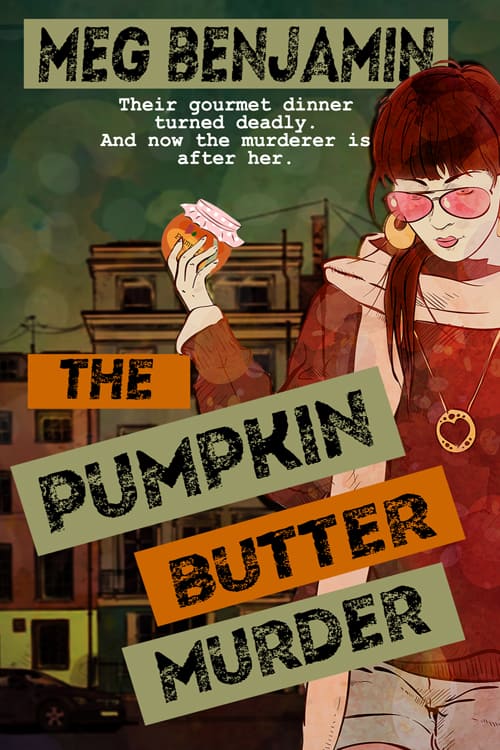He Loves Me, She Loves Me Not
I just finished a historical by a well-known author. I finished it rather quickly, in fact, since I ended up skimming the last third. The hero and heroine were in love, you see, and he’d asked her to marry him, and she wouldn’t. Why? Well, that part wasn’t entirely clear, or rather her reasons kept shifting. She wasn’t good enough for him. She didn’t want to give up her freedom. She didn’t think he loved her. Etc.
Now mind you, these two had already hit the sheets repeatedly. And this was in Victorian England, meaning the woman was basically SOL when it came to marrying anybody else, having been besmirched by sex. And the heroine wasn’t one of those nineteenth century “wild and crazy girls” who disregard all social strictures. She was, in fact, a stickler for social propriety. And, of course, she loved him desperately, and had loved him for some time.
You’re beginning to see the problem here, I trust. None of the reasons for the heroine’s reluctance to marry made sense. The situation seemed to boil down to this: the heroine couldn’t agree to marry the hero because the author needed to string that conflict out as long as she could. So she kept coming up with reasons for the heroine not to give in, and those reasons became increasingly lame as the novel limped to its close.
Most romance novels have both internal and external conflict, or they’re supposed to have it anyway. The external conflict is the plot complication—the villain with the deed to the heroine’s farm, the international spy ring closing in on the hero, the big pie baking competition the heroine needs to win to save her restaurant from foreclosure. The internal conflict is the romantic one—whatever is keeping the hero and heroine from achieving HEA. Clearly internal and external can be related, and frequently they become the same thing. In Long Time Gone, for example, my external conflict was the battle between the crooked mayor and my hero, the new chief of police. The fact that the mayor was on the verge of having the chief fired, which would mean he’d be leaving both the area and the heroine, is both the external crux and the roadblock to HEA.
As a reader (and to some extent as a writer), I’m partial to this kind of combination of external and internal because plots that feature an internal or psychological conflict to keep hero and heroine apart are frequently so, well, dumb. Think about it. What are the most common tropes? He won’t say I love you. She needs to feel free. One or the other has had bad experiences with men/women. One or the other grew up in a broken home. He (or sometimes she) has commitment issues. Etc.
The problem with all of these internal conflicts is that they’re blindingly predictable. You know eventually he’ll bring himself to say he loves her as she’s getting ready to leave him. She discovers she can still feel free even in his arms. He/she realizes his/her SO is different from all the others. She/he realizes their home will be different than the one she/he grew up in. He/she discovers that committing to the SO is actually easy when you’re In Love. Sigh.
If there’s a bomb under the park bench that has to be defused, that’s a conflict that can create some suspense, even though you know it’s going to be okay. But getting the hero to say I love you? Not so much.
Now I know the problem here too. Those of us who write contemporary have been known to complain that the genre is slowly becoming more like suspense, with a sudden infusion of serial killers and other dastardly villains. But it’s still possible to have external conflict in a contemporary that doesn’t rely on the hero or heroine having some kind of existential crisis. Susan Elizabeth Phillips’s heroes and heroines frequently have to grow up and accept responsibility. Jennifer Crusie’s h/h’s get involved in serpentine plots that have nothing to do with the hero’s inability to say I love you.
This is not to say that these internal conflicts can’t exist along with the more compelling external ones. But I’d argue they can’t really carry the whole weight of the plot. If the only thing keeping the plot spinning along is the heroine’s reluctance to accept the proposal of the hero because she’s a) not good enough, b) feeling restricted, or c) afraid he doesn’t really love her, I’m afraid I’m going to shift to skimming mode. And perhaps think twice about the author’s other books in the future.
Posted in Blog • Tags: conventions, On Reading, On Writing, writing conflict | 2 Comments







Excellent post, M!
Thank you!